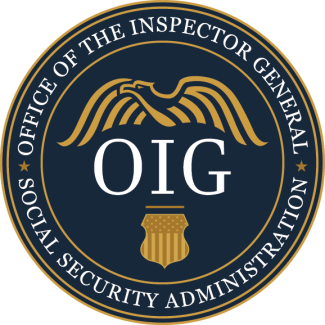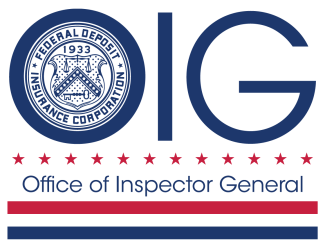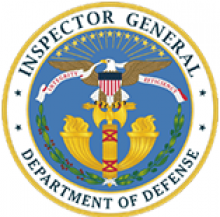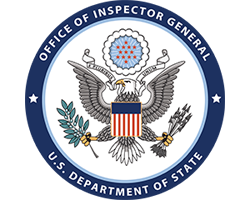The Centers for Disease Control and Prevention awarded all 31 selected Ebola-related international grants totaling $122 million in accordance with applicable laws, regulations, and departmental guidance.
| Report Date | Agency Reviewed / Investigated | Report Title | Type | Location | |
|---|---|---|---|---|---|
| Department of Health & Human Services | CDC Awarded Selected Ebola Funds for International Response Activities in Accordance With Applicable Laws, Regulations, and Departmental Guidance | Audit | Agency-Wide | View Report | |
| Social Security Administration | Fiscal Year 2016 Risk Assessment of the Social Security Administration’s Charge Card Programs | Audit | Agency-Wide | View Report | |
| Department of the Interior | Verification Review - Recommendations for the Report, "Wildland Urban Interface: Community Assistance" (ER-EV-MOA-0012-2009) | Other | Agency-Wide | View Report | |
| Federal Deposit Insurance Corporation | The FDIC's Risk Monitoring of Systemically Important Financial Institutions' Proximity and Speed to Default or Danger of Default | Inspection / Evaluation | Agency-Wide | View Report | |
| Department of Defense | Naval Facilities Engineering Command Management of Energy Savings Performance Contracts Needs Improvement | Audit | Agency-Wide | View Report | |
| Department of Housing and Urban Development | HUD Failed To Follow Departmental Clearance Protocols for FHA Programs, Policies, and Operations | Audit |
|
View Report | |
| U.S. Postal Service | Environmental Conditions at Michigan Metroplex Processing and Distribution Center | Review |
|
View Report | |
| Department of State | Inspection of Embassy Belgrade, Serbia | Inspection / Evaluation |
|
View Report | |
| Department of the Interior | Falsification of Employment Records by the Deputy Director of the Office of Acquisition and Property Management | Investigation | Agency-Wide | View Report | |
| U.S. Postal Service | Internal Controls Over Local Purchases and Payments – Pottstown, PA, Post Office | Audit |
|
View Report | |









